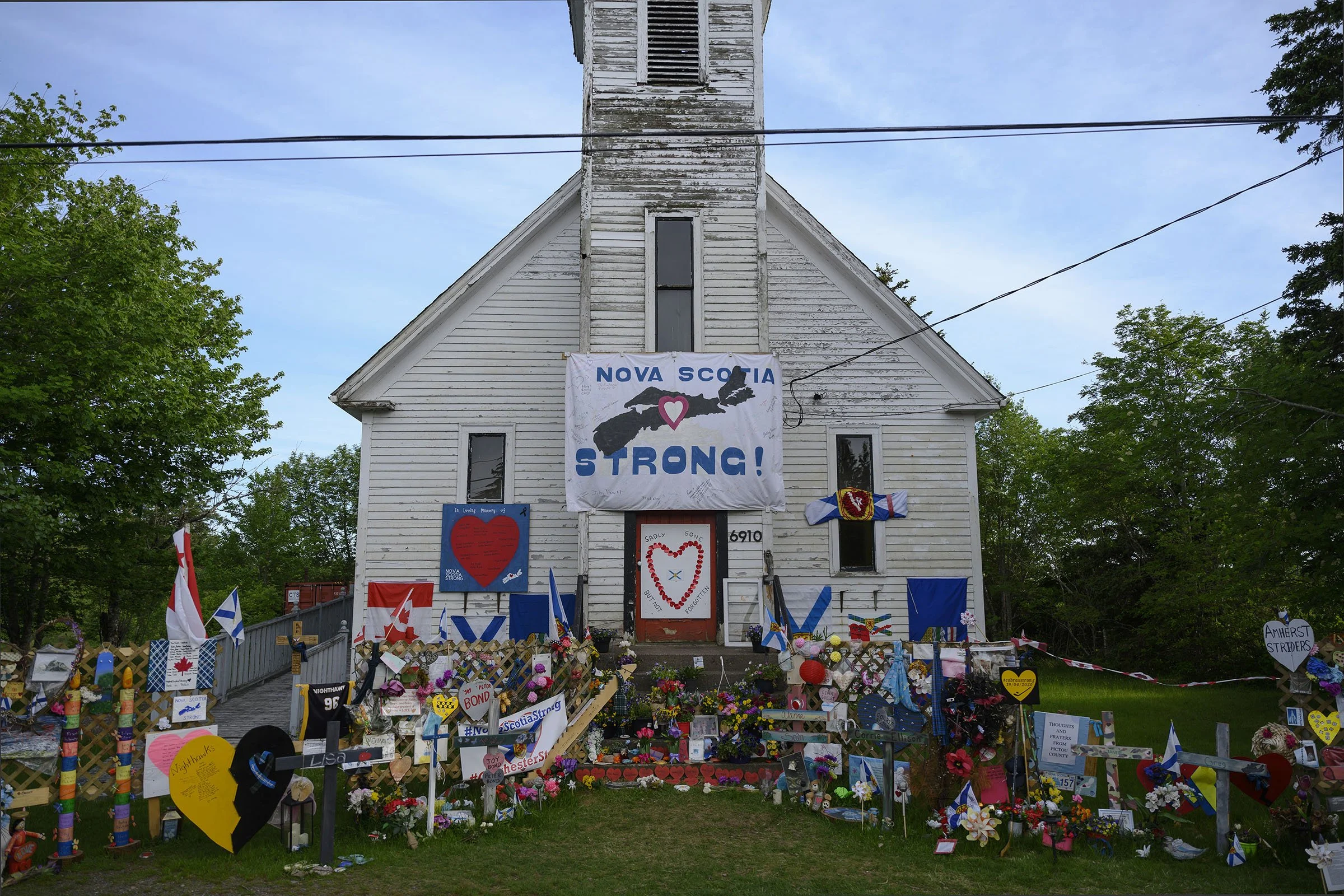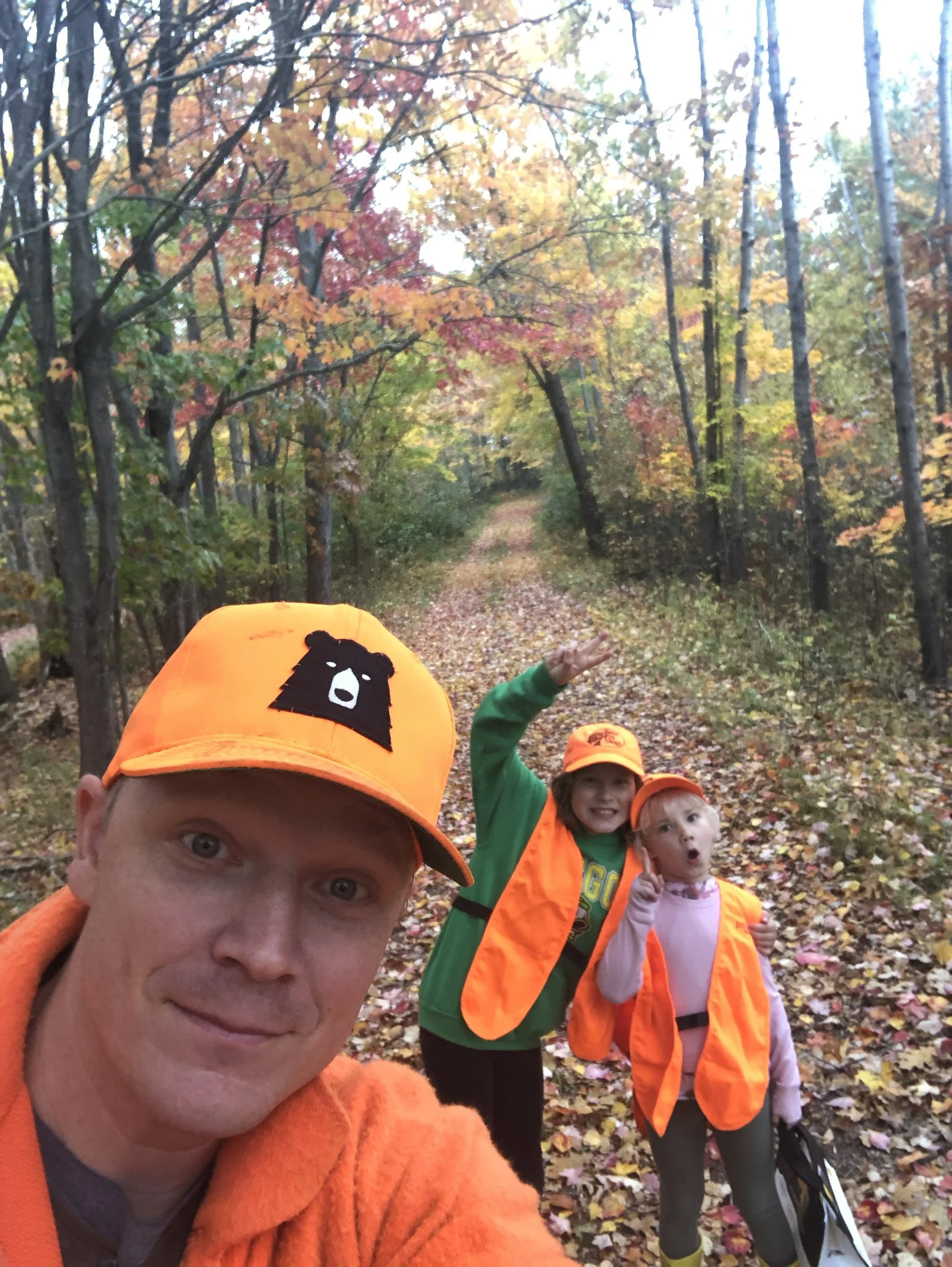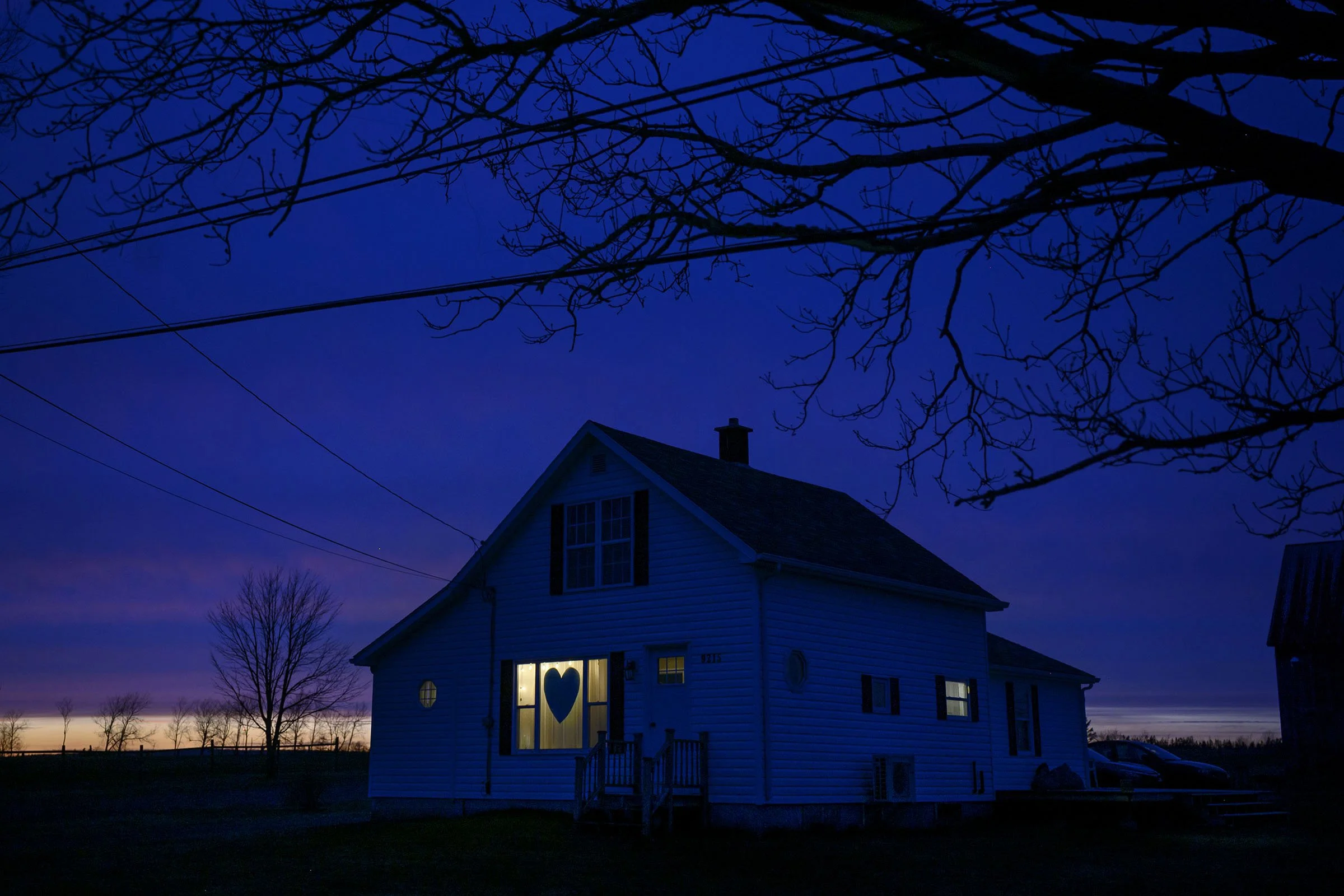Photojournalist scarred by Nova Scotia massacre launches peer support
‘Colleagues there to listen’ crucial to helping freelancers, says veteran photog
A memorial to 22 people killed by a gunman posing as an RCMP officer in April 2020. (Photo: Darren Calabrese)
I was so lost. That’s how best to explain it, as I look back on my own journal entries from the fall of 2020. A therapist had suggested I write every day, which I really tried to do because I was desperate to get better.
I have a lot more work to do—probably more than I think. But thanks to a good support system at home and from “peers” – my trusted colleagues – I am nowhere near as lost and unwell as I was two years ago.
I’m a freelance photojournalist, and could list my resume, awards, etc. to try and convince you of my value as a professional. But, I would much rather just talk to you as a person—because mental health affects people, not their jobs.
I’m a dad of two young girls (Harriet and June) and a husband to Tammy. We live in Halifax, N.S. where we have a little house that we love with six chickens in the backyard and where Taylor Swift is becoming our religion.
Photojournalist Darren Calabrese and daughters Harriet, centre, and June on the family woodlot where he grew up. (Photo: Darren Calabrese)
I want to highlight all of these wonderful things in my life, because when I was morally injured in the spring of 2020, I couldn’t see any of that.
Haunted by mass shooting
It started with an email on a Sunday morning, April 19, 2020.
A gunman dressed as an RCMP officer and driving a replica cop car had already killed a number of Nova Scotians. He was still active. A publication asked me to get on the highway, get to the scene and document what was happening.
I went. I wish I hadn’t, but I went.
I felt it was my responsibility as a journalist to show up for my community. And, honestly, I needed the money. In those early months of the pandemic I had lost all my work as a freelancer. With no money coming in I was at home with the girls while Tammy, a registered nurse, needed to be in-clinic to deal with the mounting health crisis.
So, I packed up my gear and got on the road. I expect most reading this know the details of the massacre, but it was a truly awful day.
I’ve been a part of active shooting events before. I managed to get through it and back physically unharmed. I wasn’t prepared for what came after. The very next day I was standing in my kitchen, reaching for some Goldfish for the kids’ snack, when I had the first vision of my youngest daughter dead. It was jarring. I ran around the house distressed until finally seeing her outside playing happily in the backyard. I fell to the floor crying as soon as I saw she was ok.
Other visions continued for months along with other symptoms. I wasn’t sleeping. I was anxious, irritable, despondent. But, needing the money, I was blind to how months of reporting on the story was affecting me. I limped through the summer, figuring I would get through it, until my dad died suddenly and that was it—I spiralled.
Freelancers ‘completely on our own’
I eventually started losing work, unable to be "on" or “available” all the time. That is all it takes for a freelancer to stop getting calls.
With the guidance of my wife, I went to our doctor who urged me to take a break from work. As a freelancer that also means taking a break from all income. It was terrifying. To take some time to heal I would need to reach out to clients and explain. It felt like truly screwing myself.
Naively, I did reach out to one regular client to explain my situation. It didn’t go great! They offered best wishes, but since I was outside their labour force and union, they couldn't help me.
I was lost. I mean, really lost. And, on my own.
In retrospect, I’m thankful for that conversation. It helped me realize that I had to put myself first. No one in the industry, no publication, was going to help me. I mercifully stopped pretending I was ok. I took my doctor’s advice and put my cameras in a closet for three months. It was brutal. I made no money. But I made progress towards being a better dad, better partner, better friend.
A quiet vigil under lockdown as Nova Scotians in spring of 2022 could not hold public events or funerals in the wake of the mass shooting. (Photo: Darren Calabrese)
During this time, I really understood how vulnerable we are as freelancers.
The news industry has changed dramatically since I started where freelance used to be a stopgap between j-school and a job. It’s now permanent. Given the deep cuts in newsrooms over the last few decades, almost all photojournalists in Canada are now freelancers, like me.
We continue to take on more challenging and dangerous assignments. We deal with injuries as we age. But we are totally and completely on our own. Freelance rates don't support the real costs—nor can they cushion us when we’re injured. It’s fair to say there is no longer a real pathway to a sustainable career for photojournalists.
Colleagues helping colleagues
But I found one silver lining during my forced hiatus. “Peer support.” A network of colleagues willing to help one another by listening and talking things out.
It sounds elementary. But I was introduced to the concept by Julia Glover, a former journalist turned registered psychotherapist, who recommended setting up a Peer-to-Peer mental health support program for freelance photojournalists across the country.
We began holding an open Zoom call at the same time every week. Colleagues dropped in to discuss rate issues, safety concerns, laugh about mistakes made, and just generally commiserate. It was like the camaraderie of a newsroom that freelancers seldom enjoy. We quickly recognized that pretty much all of us were battling some kind of insecurity and/or anxiety.
But we’re now taking the freelancers peer support a step further. We’re working to create a formal network similar to ones already in place at other large news organizations.
First, we need to train some photojournalist ‘peers’ in mental health first aid. I’m working to secure funding to train 8-15 colleagues on how best to listen and offer help (I got advice on MHFA training and resources from a colleague at the Globe and Mail who I met at the recent Taking Care Roundtable conference in Ottawa.
Once the training is complete, in phase two, we will create a platform where photojournalist colleagues can connect with a trained peer whenever they are in need.
There are strict guidelines for this kind of peer support. Conversations last only an hour. The same two peers only meet a maximum of three times to avoid any sense of dependency. Peers make clear they are not registered psychotherapists – just a listener, able to help triage or refer colleagues to professional help.
In phase three – we will work to line up therapists - mental health clinicians - available for escalated cases of injury, like mine.
It’s challenging. Therapy is expensive, and news companies seldom, if ever, pay for the medical benefits of freelancers.
But I'm encouraged. Peer-to-peer support can refer people in distress to professionals, and even mitigate the need for clinical help—the collegial support alone often halts crisis. In other words, community is powerful and I like to think we can help look after each other.
Back in 2020, when I was approaching crisis, if I knew there was peer support - a trusted colleague there to listen - I like to think I could have connected to professional medical help much sooner. Maybe I wouldn't have struggled alone for so long or gotten so close to the brink.
We as an industry need to work together to better serve the needs of journalists—including freelance journalists! In the meantime, we are trying to find ways to look after each other. None of us is looking for a guarantee that we won't be injured, we just can’t be left to handle the worst of it all alone.




